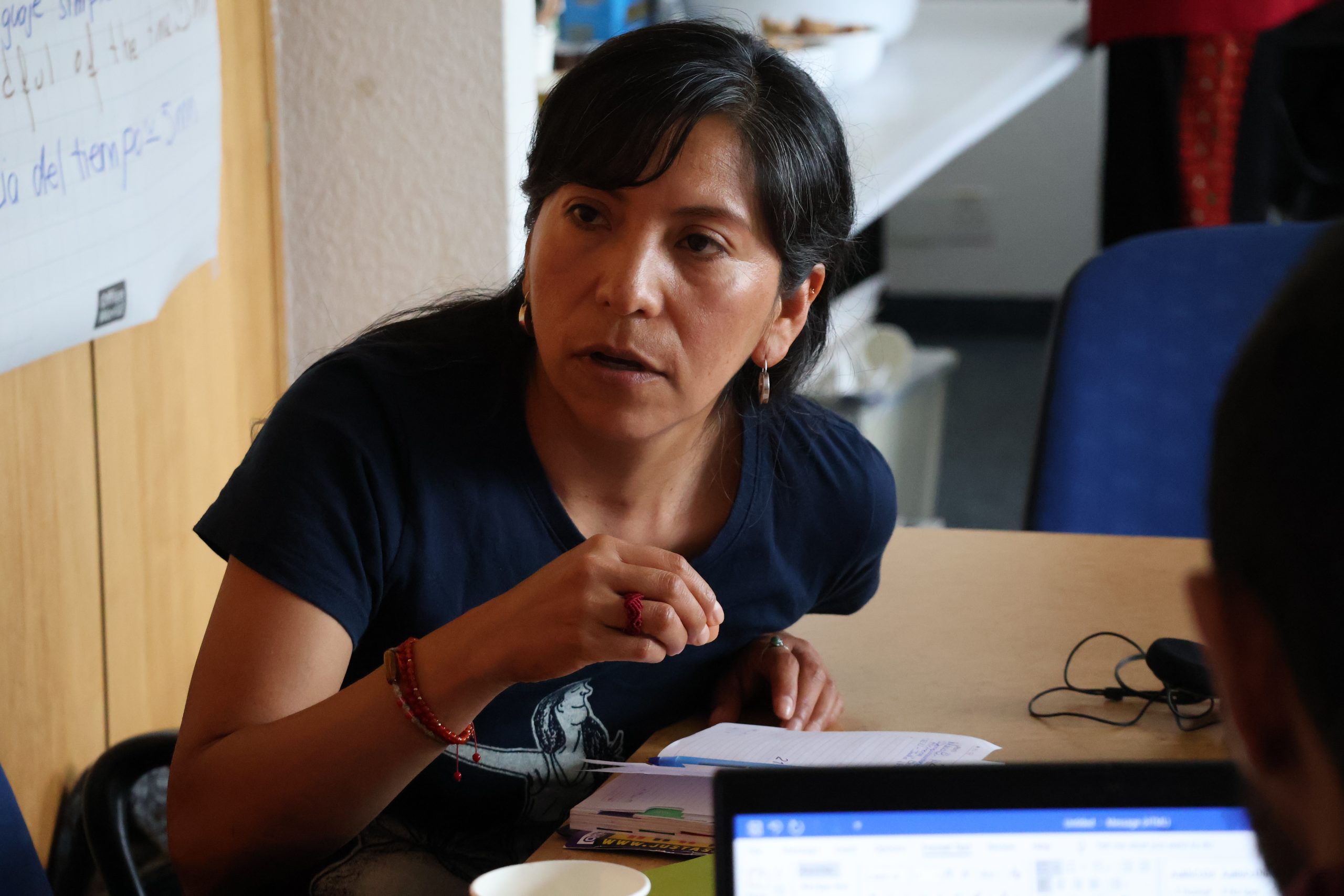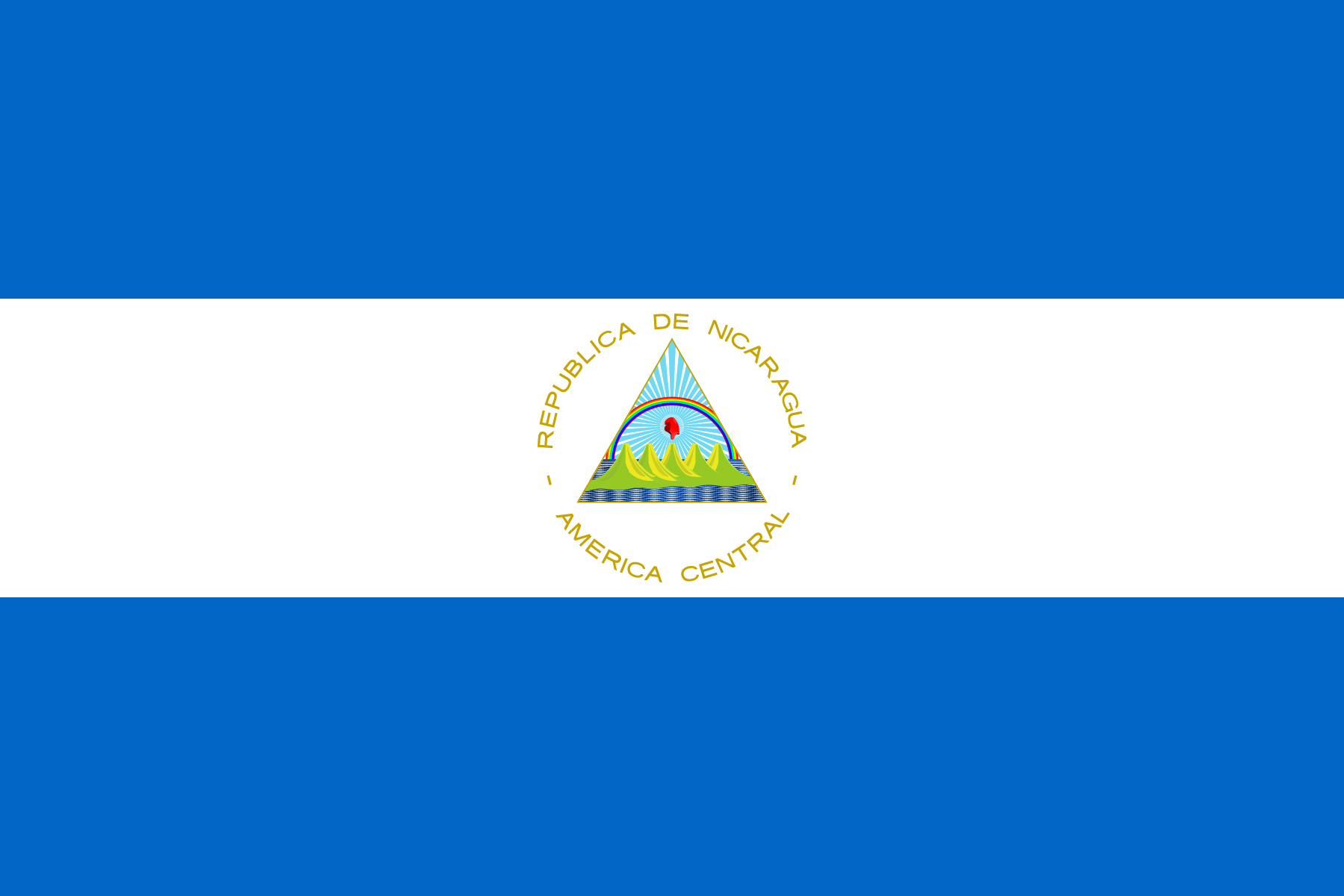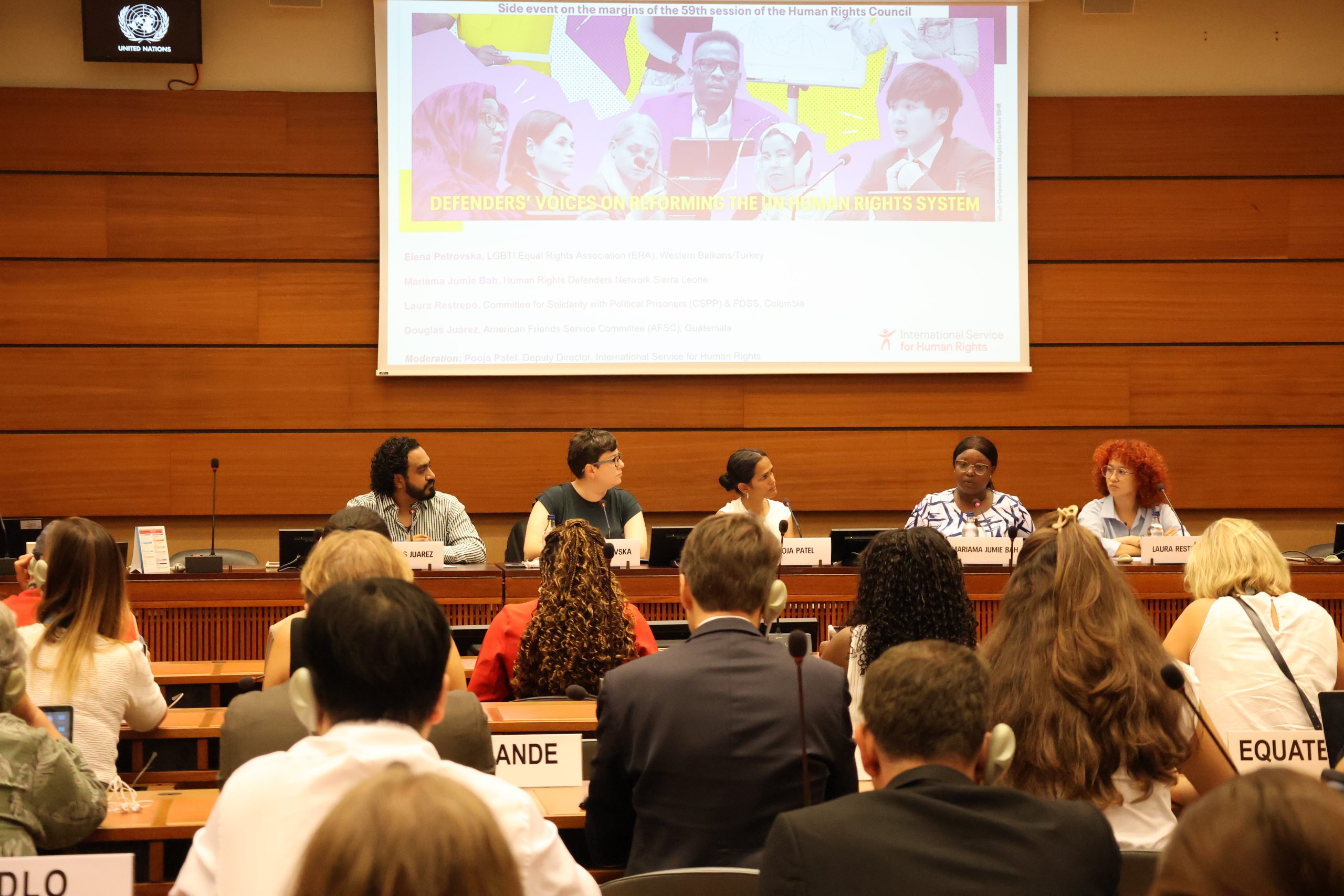The Committee chairpersons’ interactive dialogues with States at the GA are an important opportunity to share information and exchange about latest developments and plans for the future. This year was the second set of such discussions since the co-facilitators shared their report on the 2020 review of UNTBs, and a year since the General Assembly took note of the co-facilitators’ report in resolution 75/74 (December 2020).
Despite the challenges induced by the global pandemic, the co-facilitators Morocco and Switzerland collected inputs from a broad base of both state and non-state actors in the preparation of the report. It contains a good analysis of the needs, opportunities, and recommendations for reform.
The Chair of UNTB chairpersons, Ms Rosemary Kayess from the Committee on the rights of persons with disabilities (CRPD), spoke about the road map she had presented earlier this year at the annual meeting of the Chairpersons. The development of the road map is a significant step by the Committees. It builds on the own Chairs inputs to the 2020 review, and further develops three reform focuses:
- Predictable schedules of reviews
- Harmonised working methods
- Digital Uplift
The road map supports a common predictable schedule of reviews on a 5 year cycle, which would consist of a full review of state obligations, and focused reviews of 3 to 4 issues in situ or in regional UN headquarters. Kayess mentioned that consensus was being sought from her fellow Committees around the proposal.
Another issue that featured prominently in discussions between the Committees and States was the continued backlog of individual communications pending review, and the related chronic lack of financial resources, which prevented the Committees from being able to review as many communications as they ought to. ‘Unless there is a significant increase in the staff capacity of the OHCHR to allow it to process a greater number of Communications, the Committee will not be able to address its backlog in a timely manner,’ said the Human Rights Committee Chairperson Photini Pazartzis. The need for a modern, robust and user-friendly digital tool, database or portal for UNTB individual communications has been highlighted for years, including most recently in an independent UN review of the OHCHR unit hosting the Secretariat of UNTBs. The review also notes that OHCHR need to change and beef up their methodology to request staffing requirements to the UN body tasked with budget allocations, the Advisory Committee on Administrative and Budgetary Questions (ACABQ).
‘Given the catastrophic impact of Covid on the ability of UNTBs to undertake periodic reviews, the CRPD road map and the steps taken by various Committees towards fixed and predictable review cycles, focused reviews, and in situ reviews is encouraging’ said ISHR’s Director of UNTB advocacy, Vincent Ploton. ‘ However, it remains to be seen whether and how those reforms stick in the medium to longer term’, Ploton concluded.




